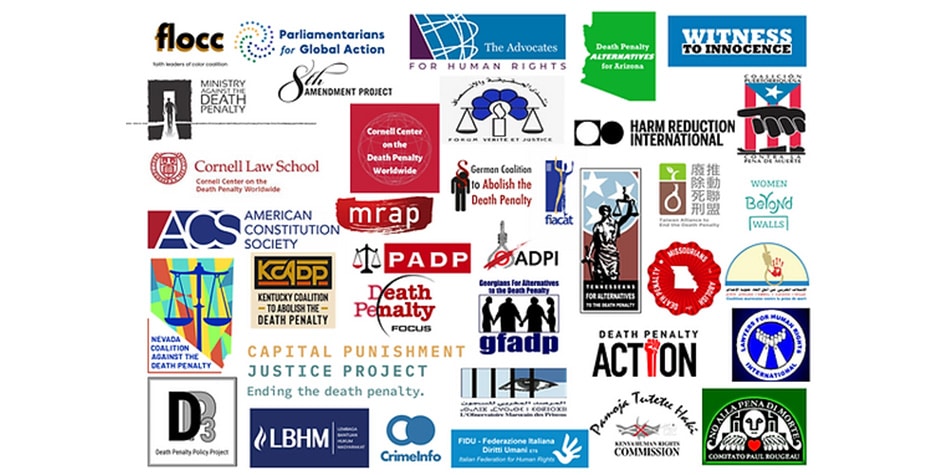New Jersey sets an example for US states
As he signed the abolition of the death penalty into New Jersey law on December 18, Governor Jon S. Corzine enunciated a number of principles that may inspire more US states in 2008.
“Government cannot provide a foolproof death penalty that precludes the possibility of executing the innocent. Society must ask: is it not morally superior to imprison 100 people for life than it is to execute all 100 when it is probable we execute an innocent?,” he said, before arguing against the inefficiency and high cost of capital punishment.
He also thanked “advocacy groups, particularly New Jerseyans for Alternatives to the Death Penalty, which have created a fundamental grass roots groundswell that put pressure on those of us in public service to stand up and do the right thing”.
Lawmakers in several other states could follow in the footsteps of New Jersey.
Bills narrowly defeated in Maryland and Nebraska
In Maryland too, the governor wants to repeal the death penalty. A Senate committee there narrowly rejected the proposal by a 5-5 vote last March.
In Nebraska, the unicameral parliament rejected an abolition bill by just one vote. “This could change at the next election – it could pass or fall back,” said Speedy Rice, a professor of law and activist with Death Penalty Focus and the National Association of Criminal Defence Lawyers (NACDL), both member organisations of the World Coalition.
New Mexico, Montana and other states have also made progress towards the adoption of legislation repealing capital punishment. There has been more activity in that area than in previous legislative cycles throughout US states, says Speedy Rice.
“Every state must be considered as a separate country when it comes to the death penalty, with the exception of federal law which deals with the ban on cruel and unusual punishment”, he said.
The Supreme Court has begun to examine the lethal injection protocol in the light of that constitutional provision. The outcome of the case could have an impact on the way states consider their local death penalty legislation.
An opportunity to debate the death penalty
“If the Supreme Court rules that this method is illegal, those states that use it – all of them except for Nebraska – will have to devise a new one. In some states, it can be done through a simple prison order. Others will need new legislation,” said Speedy Rice. “This could create a possibility for litigation, and an opportunity to create discourse, to talk about what happens when you kill a human being. It is very important to educate the public.”
The Supreme Court review of lethal injections will also clarify the position of two recently appointed justices on the death penalty. It might also trigger the answer to the big question about abolition in the US this year: will capital punishment become an issue in next November’s presidential election?







